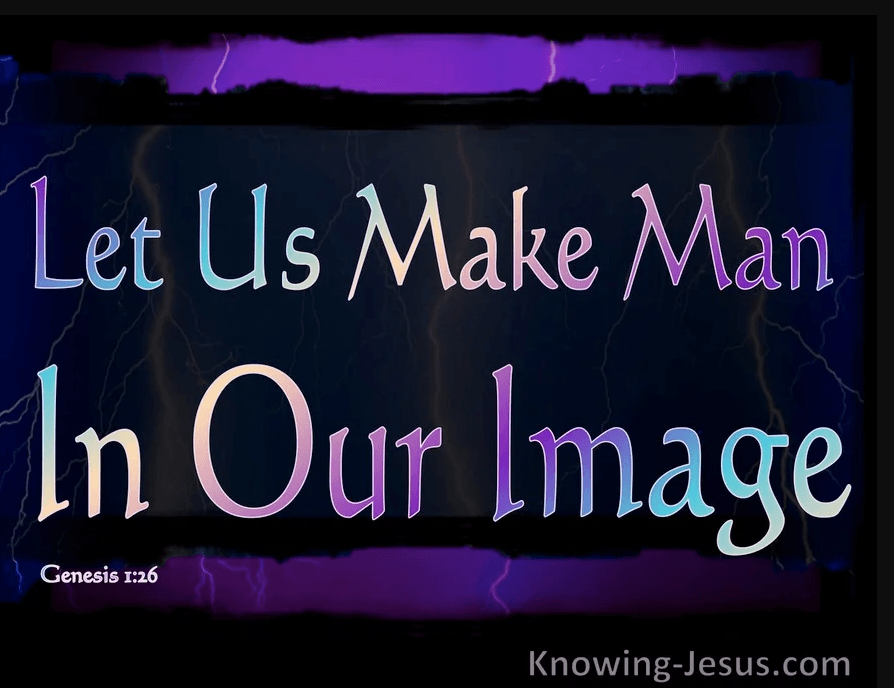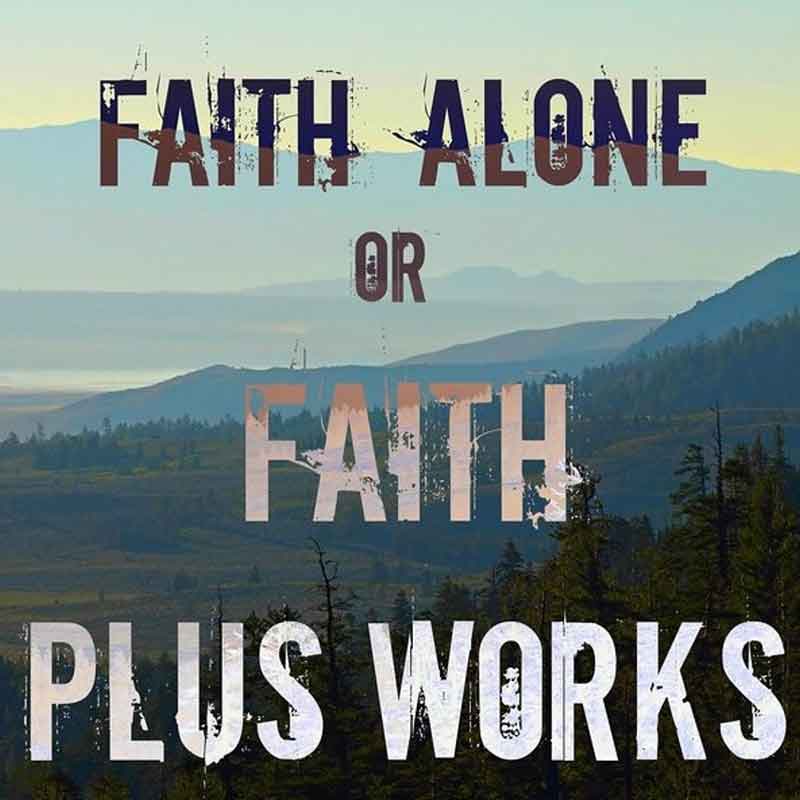The Image of GOD
Genesis 1:26-27 Then God said, "Let us make humankind in our image, according to our likeness;

Genesis 1:26-27 Then God said, "Let us make humankind in our image, according to our likeness; and let them have dominion over the fish of the sea, and over the birds of the air, and over the cattle, and over all the wild animals of the earth, and over every creeping thing that creeps upon the earth." 27 So God created humankind in his image, in the image of God he created them; male and female he created them.
Theological textbooks talk about the “Imago Dei,” Latin for the “Image of God.” That phrase comes from the creation story, right there in Genesis 1.27. God’s people have been trying to define the image for centuries.
A common way of describing the image of God is to consider what distinguishes human beings from other creatures. The list often includes language, intelligence, emotions, imagination, the ability to reason, love, and problem-solve. The Imago Dei means to have a capacity for relationship and care that no other created thing has. The problem with lists like this is the more we study flora and fauna, the more we discover that other creatures share some of these characteristics. For example, albatross mate for life and constantly diversify their relationship rituals. Crows invent tools and recognize human faces. Elephants truly have an exceptional memory, are self-aware, collaborate, and engage in play. Chimps display a wide range of emotions and can be taught sign language to communicate with humans. If having emotion, problem-solving and intelligence are signs of the Imago Dei, then we are not the only creatures to display those traits.
Look again at the Genesis text. First, the image of God says we are made according to God’s likeness (Genesis 1.26). So often we confuse this and think it means God looks like us. Hence the white, bearded man is everywhere from the Sistine Chapel to magazines and billboards. The truth is we look like God. And not just one of us but all of us, male and female. If I want to get a glimpse of the divine, I should look at humans. Sadly, when we say we want to experience God`s presence, we look to nature, or we retreat to the mountains, the beach, or the woods. We want to get away from people when people are the truest reflection of God. Of all the things that the Lord God created, only humanity carries God's image. Second, the Imago Dei is connected with dominion, ownership, and in our case, stewardship. In ancient times, persons would mark their possessions with a seal, carrying their symbol or image (like a brand). If human beings carry the image of God, we are the physical image, the brand of God, that shows God’s ownership. Humans are not the owners, we are the reflection of the owner, the Creator. We misinterpret our charge to have dominion if we think it is a command to plunder the planet. We are not owners! Human beings are charged to care for the planet as stewards. Adam and Eve’s first task was to tend the garden (Genesis 2.15), not exploit it.
The Image of God says we see the Divine when we see each other. Can we learn to be inspired, humbled, and uplifted by the sight of one another? Can we appreciate one another, even embrace one another, on the grounds of our sharing the image? The Imago Dei says we are stewards of God’s creation. Can we learn to live and move with the planet instead of bowing it to our limited knowledge? Can we be thankful for the bounty God has provided and work for all to share in it? That is what the other “intelligent” creatures do.
White Rock Baptist Church






